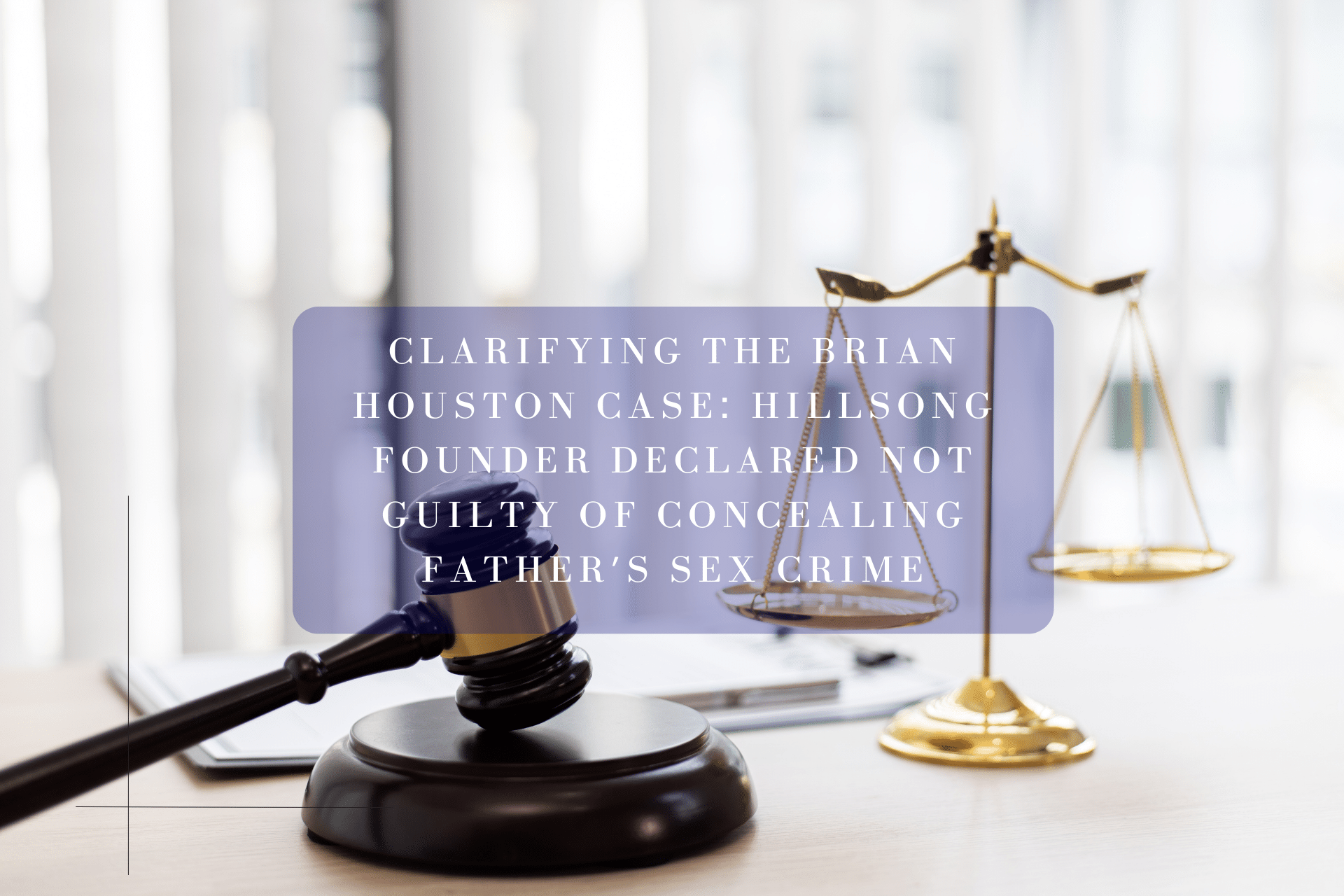In a legal saga that has captured attention and sparked intense discussions, Brian Houston, the visionary behind Hillsong Church, has been declared not guilty in a high-profile case involving the alleged concealment of his father’s sex crime. This verdict has sent ripples through both religious and legal circles, prompting reflections on justice, leadership, and the ethical responsibilities of prominent figures. In this article, we will delve into the intricacies of the Brian Houston case, its implications, and the broader conversations it has ignited within the Christian community.
Table of Contents
The Case Unveiled
The Christian community was rocked by allegations suggesting that Brian Houston had neglected to report his father’s alleged sexual misconduct. The subsequent legal proceedings revolved around the question of whether Houston should be held accountable for not disclosing his father’s actions to the authorities. The specifics of the case, along with the legal arguments presented and the resulting judgment, have raised significant inquiries concerning leadership, morals, and the duty of leaders in times of grave crisis.
Exploring the Realm of Accountability
The Brian Houston case prompts a more universal inquiry: What level of responsibility should leaders shoulder for the actions of their family members? This case draws attention to the responsibilities leaders bear not just within their religious organizations but also within their own kin. The verdict compels us to examine the intricate dynamics between personal loyalty and moral obligations when confronting allegations of misconduct.
Affecting Leadership at Large
The ramifications of the Brian Houston case extend beyond the courtroom, shining a spotlight on the significance of authenticity and ethical conduct within religious establishments. The outcome resonates with other leaders and institutions, emphasizing that leaders bear a considerable duty to uphold moral values, foster open discourse, and safeguard the welfare of their congregations.
Cultivating Candid Dialogues
The verdict in the Brian Houston case underscores the importance of transparent conversations within religious communities. Sincere dialogues about moral dilemmas, leadership accountabilities, and the necessity of confronting allegations head-on are pivotal for sustaining trust and creating an environment of responsibility. This case propels us to embark on discussions about how faith-based organizations can navigate complex situations while upholding their principles.
Conclusion
The Brian Houston case serves as a vivid illustration of the intricate challenges leaders might encounter in their roles. The verdict triggers conversations concerning accountability, leadership ethics, and the larger implications for religious institutions. As the Christian community grapples with this case, it provides a timely opportunity to engage in thoughtful debates about how leaders can navigate their responsibilities while preserving moral values.
To attain a comprehensive understanding of the Brian Houston case and the conversations it has spurred, delve into the array of articles and analyses surrounding this issue. By participating in these conversations, we collectively contemplate the responsibilities of leaders, the ethical dimensions of their choices, and the lessons we can derive as we strive to champion values such as justice, integrity, and accountability.
